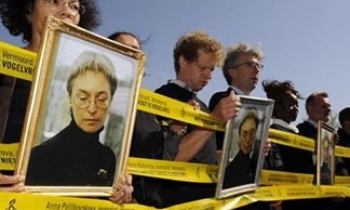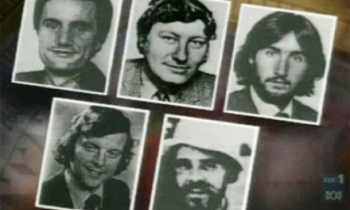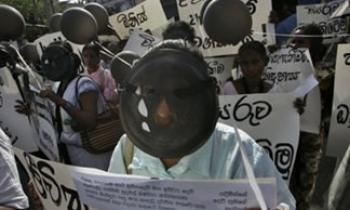Cuba’s National Revolutionary Police (PNR) arrested Juan Carlos Reyes Ocaña, journalist on the small news agency Holguín Press on January 29 then took him to a police barracks to face charges of “insult”, “disobedience” and “illegal economic activity”. He was released the following day, but has started a hunger strike as he awaits his trial which could mean a prison sentence, Reporters sans Frontières (RSF) has reported.
The government continues to harass bloggers, deal out unfair detentions and ill-treat prisoners of opinion as it refuses to tolerate any news outside its control. Cautious improvements introduced since Raúl Castro assumed the presidency in February 2008 stall when it comes to human rights, RSF said.
Havana has never ratified as it promised the UN Covenant on Civil and Political Rights, that includes free expression, which was signed at the official handover of power two years ago. Normalisation of relations with Cuba promoted by the Spanish presidency of the European Union should not be at the price of skating over fundamental freedoms, the organisation said.
There has been no humanitarian gesture towards journalists arrested during the “black spring” of March 2003, including Ricardo González Alfonso, who was sentenced to 20 years in prison. The RSF correspondent and founder of the magazine De Cuba, has health problems, particularly lung disease, received treatment only on January 26 after a wait of one month. Despite his poor health, he is still being held in a cell in Combinado del Este prison in Havana.
Another “black spring” prisoner who was also sentenced to 20 years in prison, Juan Carlos Herrera Acosta, of the Agencia de Prensa Libre Oriental (APLO) news agency, recently spoke out against the ill-treatment and deprivation of food suffered by himself and his fellow prisoners. Doctor and contributor to dissident media, Darsi Ferrer, who has been in jail for six months, was handcuffed and beaten up in his cell.
Bloggers and Internet users are also targeted for repression. Two students were expelled last month for carrying out “unauthorised” journalistic work. Darío Alejandro Paulino Escobar was excluded from Havana University for creating a page on social networking site Facebook, containing the minutes of a meeting of the Young Communists’ Union (UJC). The daughter of political prisoner, Félix Navarro, Saylí Navarro was expelled from Matanzas University for her work as a freelance journalist.
State security police on November 6, 2009 brutally assaulted bloggers Yoani Sánchez, creator of the Generación Y platform, and Orlando Luis Pardo, on the eve of a demonstration. A third blogger, Luis Felipe Rojas, was arrested twice in December and placed under house arrest.









